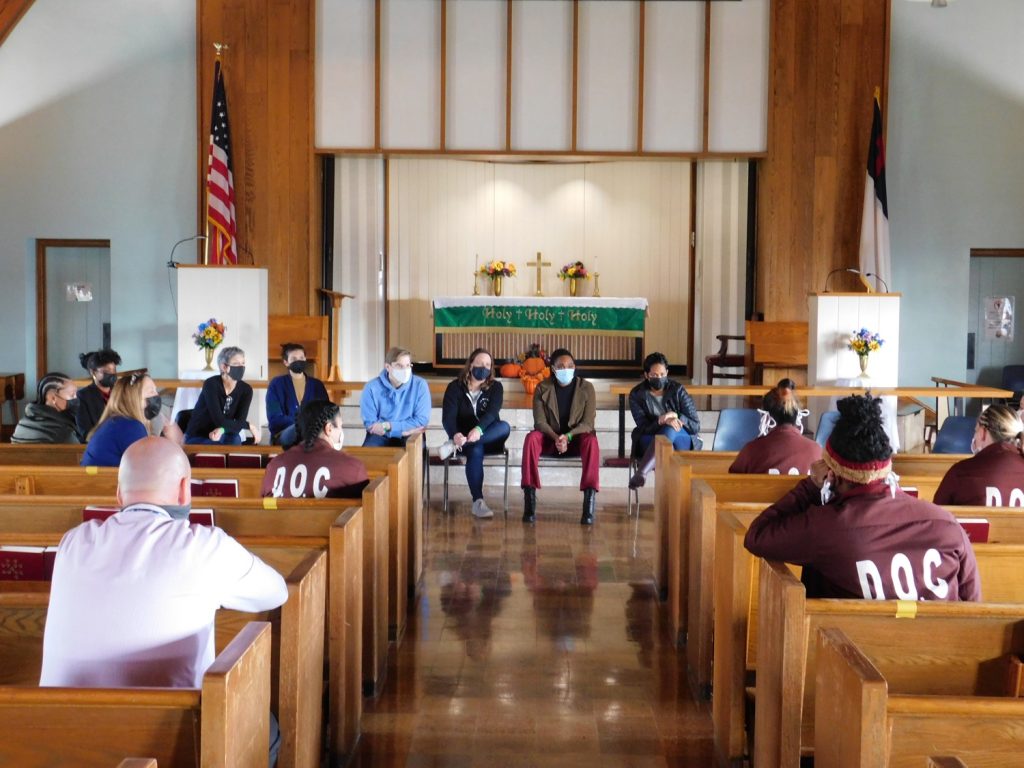A new partnership is bringing support services to incarcerated pregnant women in Pennsylvania as they prepare for childbirth and reentering communities once they’re released.
The pilot program at State Correctional Institution (SCI) Muncy provides seven incarcerated women with doula services. Doulas support pregnant women by providing emotional and physical support and resources before and after childbirth.
Gerria Coffee, founder of Genesis Birth Services, which is providing doula care at SCI Muncy, said it is about reducing the trauma of incarceration to ensure a positive birthing experience for both the mom and baby.
“It separates the circumstance and really focuses on the person and gives that holistic support,” Coffee explained. “And in turn, that’s going to benefit birth outcomes, that’s going to benefit mental-health outcomes, and it’s going to benefit the child.”
The program is a partnership between the state Department of Human Services, Department of Corrections and the Tuttleman Foundation. The pilot also connects the family caring for the child while the mother is incarcerated to services such as home visiting, assistance paying for child care and cash assistance.
Part of the aim of the program is to address Pennsylvania’s maternal mortality crisis. Research shows doulas can reduce the likelihood of birth complications and increase breastfeeding rates.
Rep. Morgan Cephas, D-Philadelphia, said the investment can help reverse some troubling trends in the state.
“Doula care helps to cut down on maternal mortality and morbidity,” Cephas pointed out. “We know women are the fastest growing population in our prison system. So why not use that as an opportunity when you see two problems, bring those two issues together to make a shift in these abysmal numbers.”
Between 2013 and 2018, deaths associated with pregnancy complications increased 21% in Pennsylvania. Through the pilot, doulas will work with the mom, family and child for one year postpartum.




